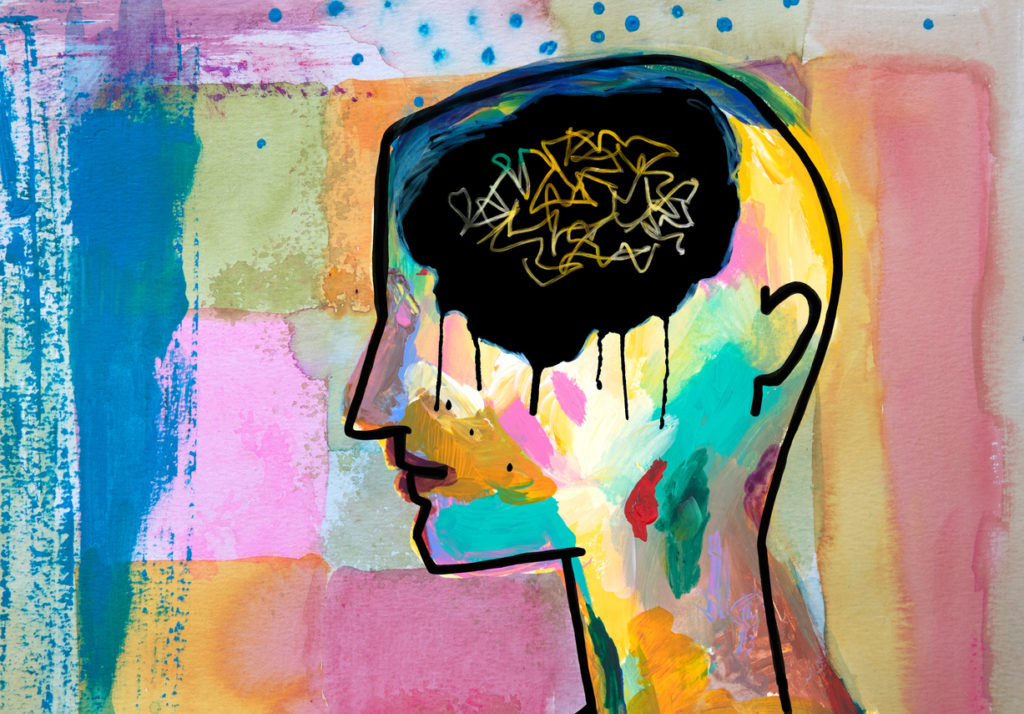This is a study of depression in adolescents, ages 12 to 18, who are currently taking a prescribed selective serotonin reuptake inhibitor (SSRI) antidepressant medication but are still experiencing depression. The purpose of the study is to determine how best to treat adolescents with depression that is “resistant” to the first SSRI they have tried. In addition to receiving a complete psychiatric evaluation, participants will be randomly assigned to receive one of three other antidepressant medications, either alone or in combination with cognitive behavioral therapy. Participants will be monitored for 24 weeks and will receive follow-up psychiatric evaluations for one year.
This is a study of depression in adolescents, ages 12 to 18, who are currently taking a prescribed selective serotonin reuptake inhibitor (SSRI) antidepressant medication but are still experiencing depression. The purpose of the study is to determine how best to treat adolescents with depression that is “resistant” to the first SSRI they have tried. In addition to receiving a complete psychiatric evaluation, participants will be randomly assigned to receive one of three other antidepressant medications, either alone or in combination with cognitive behavioral therapy. Participants will be monitored for 24 weeks and will receive follow-up psychiatric evaluations for one year. Condition:- Major Depressive Disorder- Dysthymic Disorder- Depression Study Type: InterventionalStudy Design: Treatment, Randomized, Double-Blind, Active Control, Factorial Assignment, Efficacy Study Further Study Details: The TORDIA study aims to develop useful clinical guidelines for the care and management of adolescent depression. Adolescents ages 12 to 18, currently taking a prescribed selective serotonin reuptake inhibitor (SSRI) and still experiencing depression, participate in a 12-week randomized treatment study that includes one of four conditions: (1) switching to an alternative SSRI, (2) switching to a different non-SSRI antidepressant, (3) switching to an alternative SSRI and receiving cognitive behavioral therapy (CBT), or (4) switching to a different non-SSRI antidepressant and receiving CBT. This is a double-blind study, which means that neither the participant nor the clinical staff will know which of the three possible medications has been assigned. Participants who respond to the assigned treatment will receive 12 additional weeks of the same treatment. Those who do not appear to be getting better will be offered 12 weeks of an alternative, individualized treatment plan based on each participant’s particular needs. All participants will receive follow-up psychiatric evaluations for 12 months after the 12-week continuation phase of the study, regardless of treatment adherence. Eligibility Ages Eligible for Study: 12 Years – 18 Years, Genders Eligible for Study: Both Criteria between the ages of 12 and 18 years 11 months currently in treatment for depression taking Prozac,Zoloft, Luvox, Lexapro, Celexa or Paxil (Oregon and Rhode Island sites only) still feeling depressed Expected Total Enrollment: 400 [1] David Brent, M.D., Principal Investigator, Western Psychiatric Institute and Clinic (Data Coordinating Center)
All content and media on the HealthEngine Blog is created and published online for informational purposes only. It is not intended to be a substitute for professional medical advice and should not be relied on as health or personal advice. Always seek the guidance of your doctor or other qualified health professional with any questions you may have regarding your health or a medical condition. Never disregard the advice of a medical professional, or delay in seeking it because of something you have read on this Website. If you think you may have a medical emergency, call your doctor, go to the nearest hospital emergency department, or call the emergency services immediately.







